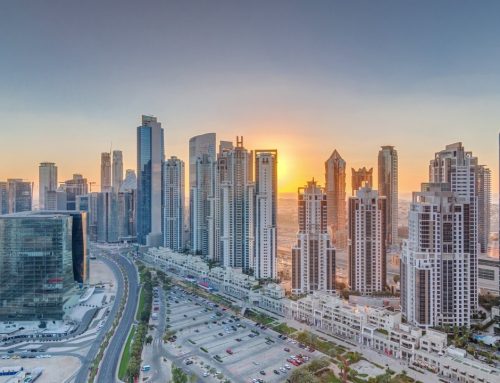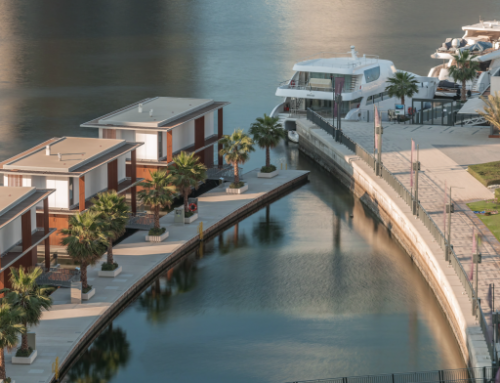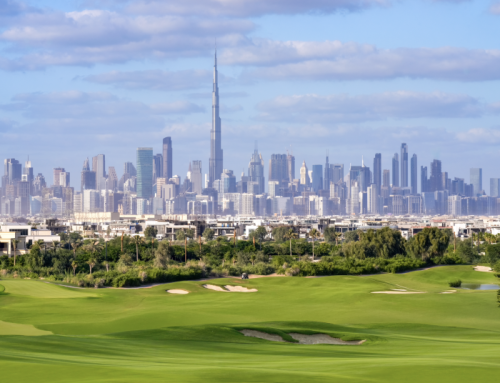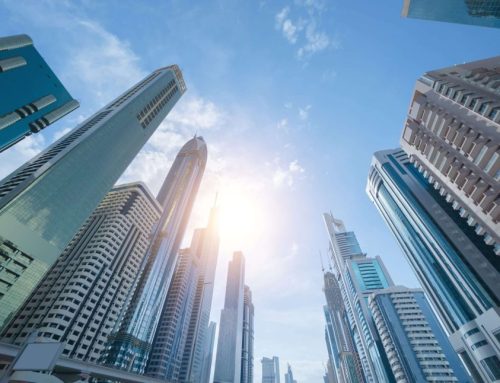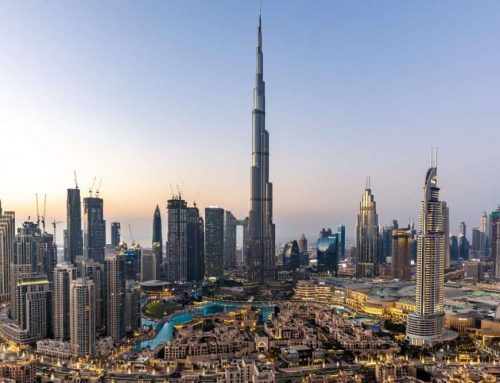Why Dubai Free Zones Are Set to Boom
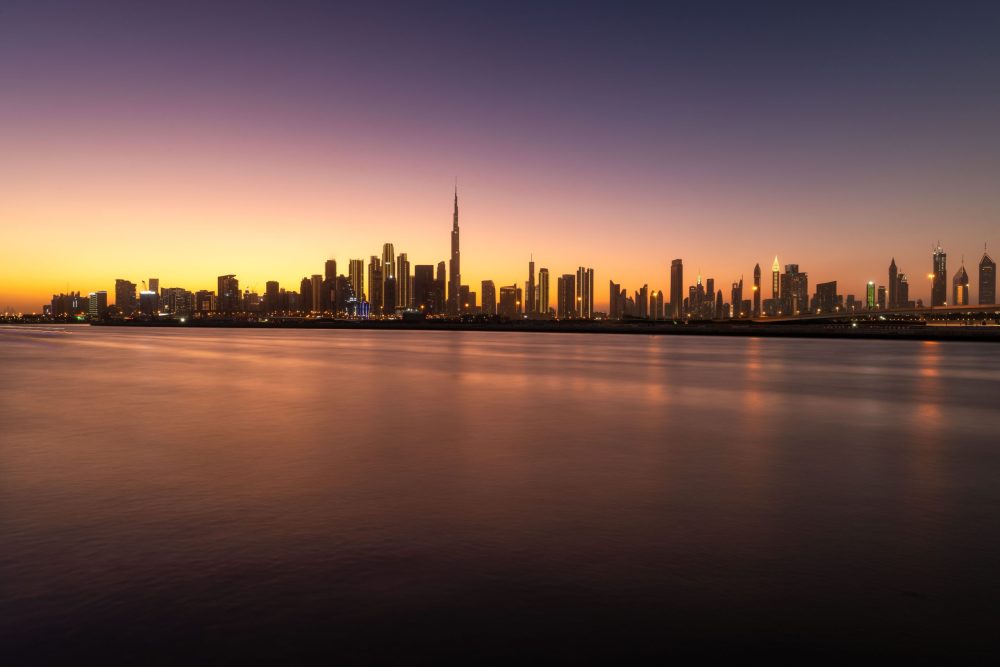
Dubai: A Rising Global Trade Hub
Dubai has long been known for its strategic location between East and West. Now, it’s strengthening its position as a global trade hub thanks to its business-friendly environment, world-class logistics infrastructure, and smart policies that attract international companies.
Recent changes in U.S. trade tariffs are pushing global manufacturers and logistics companies to rethink their strategies. Many are choosing Dubai to set up operations — and this shift spells major opportunities for the UAE real estate market, especially in free zones.
What’s Happening with U.S. Tariffs?
Under the latest proposals by former U.S. President Donald Trump, new tariffs include:
- 10% tax on all imports
- Higher tariffs for imports from countries like China (60%), Vietnam (46%), and South Korea (25%)
These changes are pushing businesses to move parts of their production or final assembly closer to markets like the U.S. — but without facing heavy tariffs.
Why Dubai Free Zones Are Becoming More Popular
Dubai offers a perfect solution. Free zones in Dubai provide:
- Tax incentives
- 100% foreign ownership
- World-class logistics hubs
- Ease of export and re-export operations
Manufacturers can set up light assembly or final production units here, allowing them to label products as “Made in UAE,” helping them avoid or reduce U.S. tariffs.
This is creating higher demand for industrial spaces, warehouses, bonded storage facilities, and prime office spaces across Dubai’s free zones.
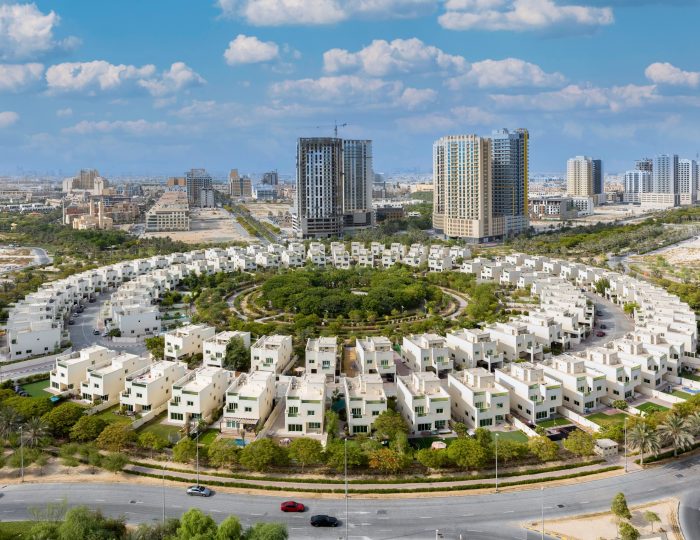
What This Means for UAE Real Estate
- Demand for Commercial Properties – Despite global uncertainties, demand for office spaces in Dubai remains strong. Organic business growth and company relocations are bigger drivers than political risks.
- Increased Industrial Space Demand – Light manufacturing and storage facilities are seeing greater interest. Companies want locations that are ready for quick compliance with international trade regulations.
- Real Estate Investments Look Promising – As more businesses move operations to Dubai, the commercial real estate sector — especially in free zones — is likely to see sustained growth.
Risks to Watch
While the opportunities are big, it’s important to stay aware of certain challenges:
- Tariffs on UAE aluminium exports could impact the local economy (this is a $1.4 billion sector).
- More customs scrutiny from U.S. authorities could affect companies relying heavily on minimal processing or simple re-exports.
However, Dubai’s government is known for quick responses and policy flexibility, which should help mitigate these risks in the medium term.
Why It’s a Good Time to Invest or Move to Dubai
- Business-Friendly Policies: Dubai consistently ranks among the best cities for doing business globally.
- Safe and Stable Environment: Low crime rates and political stability make it attractive for both companies and individuals.
- Advanced Infrastructure: State-of-the-art ports, airports, and logistics hubs mean easy access to global markets.
- Growing Demand: With the world’s businesses relocating here, real estate prices — especially for warehouses, offices, and industrial parks — are expected to rise.
- Tax Benefits: Many free zones offer 0% corporate and personal taxes.
Quick Facts
- Dubai’s free zones could attract major global manufacturers looking to avoid heavy U.S. tariffs.
- Demand is especially growing for bonded warehouses, assembly spaces, and prime offices.
- Dubai’s aluminium exports face risks but diversification and policy agility are strengths.
- European businesses are showing increased interest due to Dubai’s favorable regulatory environment.
Dubai’s free zones are not just a short-term opportunity; they are becoming a permanent solution for global trade needs.
For real estate investors, businesses, and logistics companies, now is the time to explore Dubai’s growing free zone markets. Investing early can mean higher rental yields, stronger capital appreciation, and greater long-term security.

